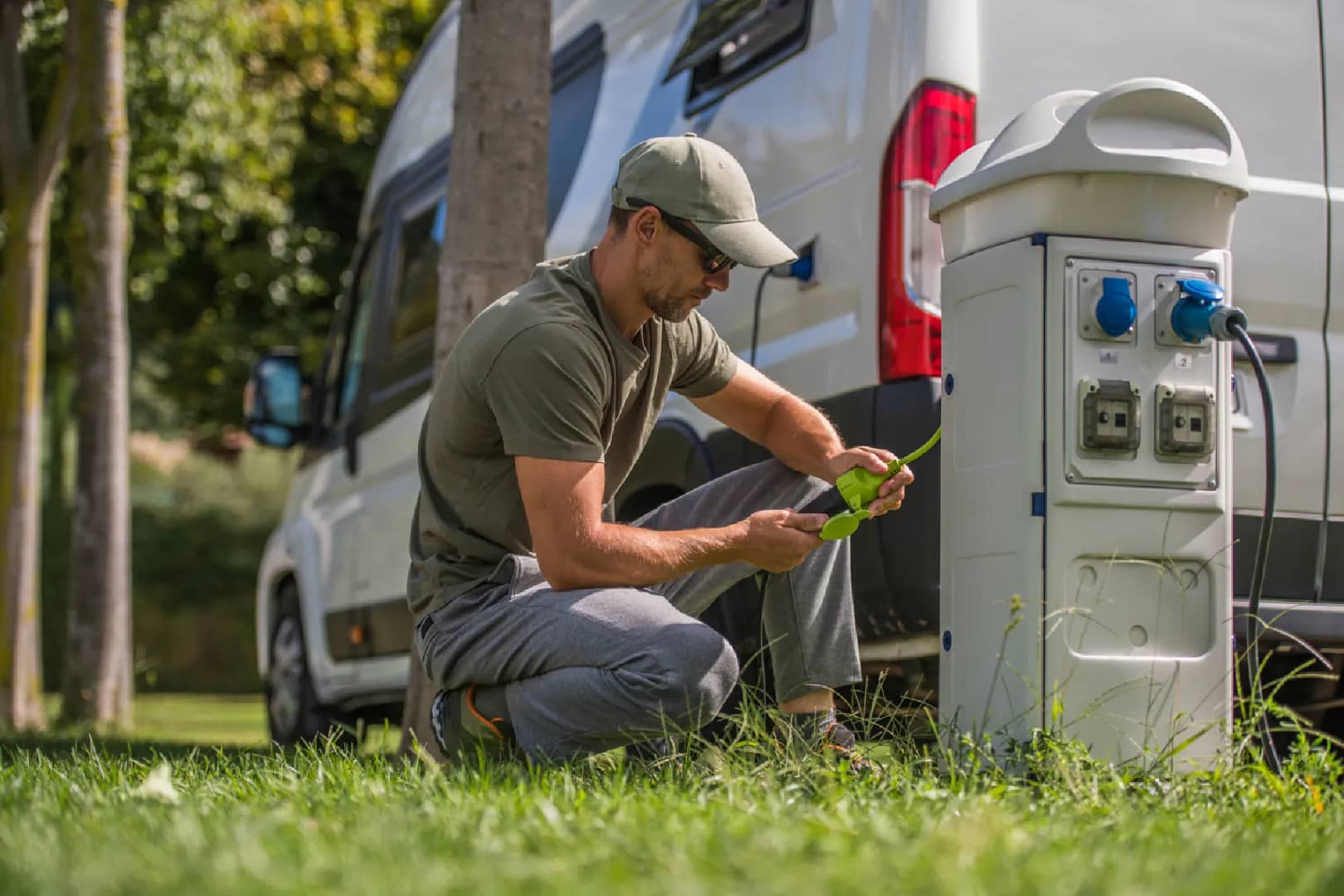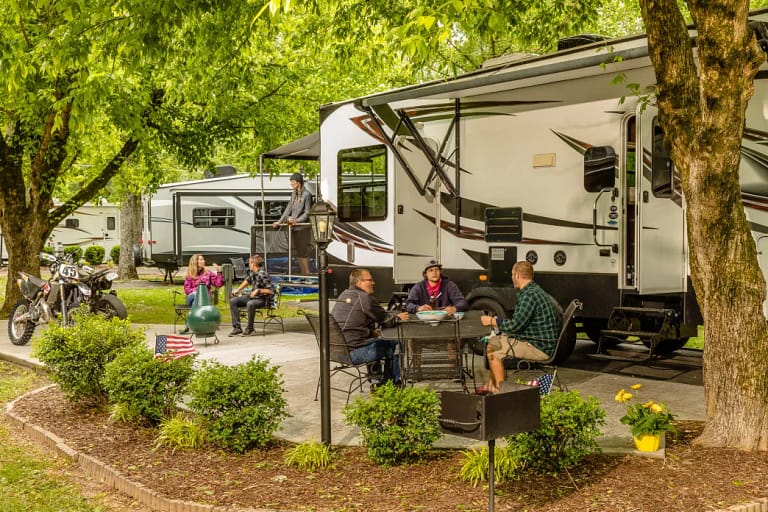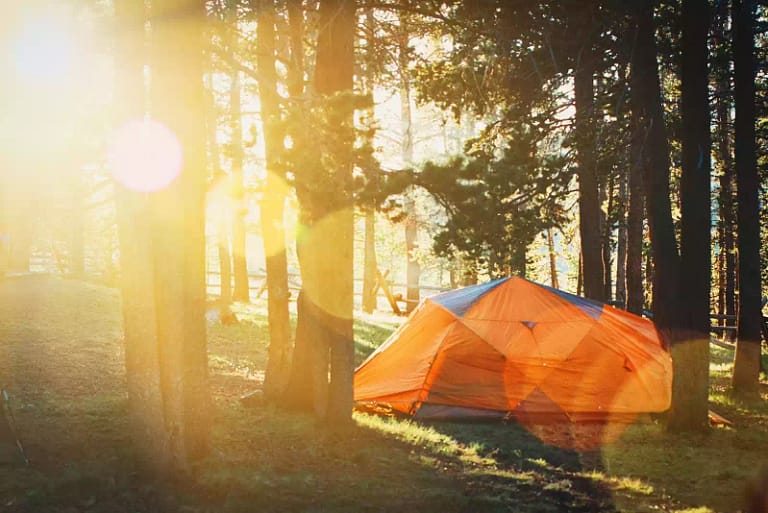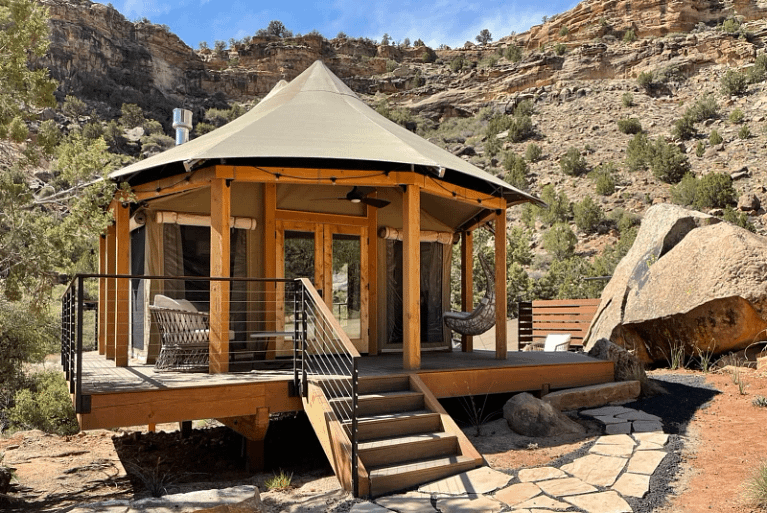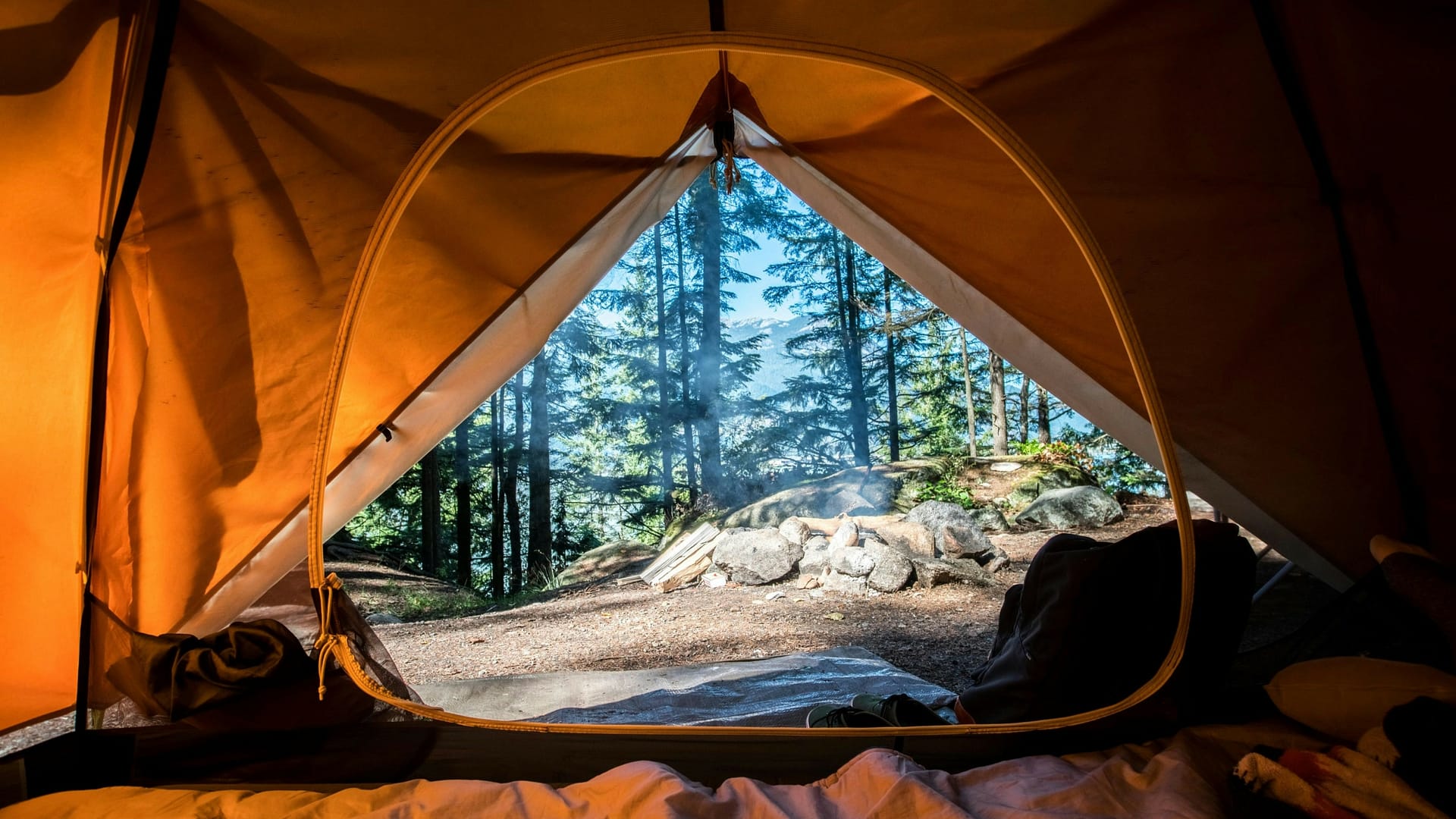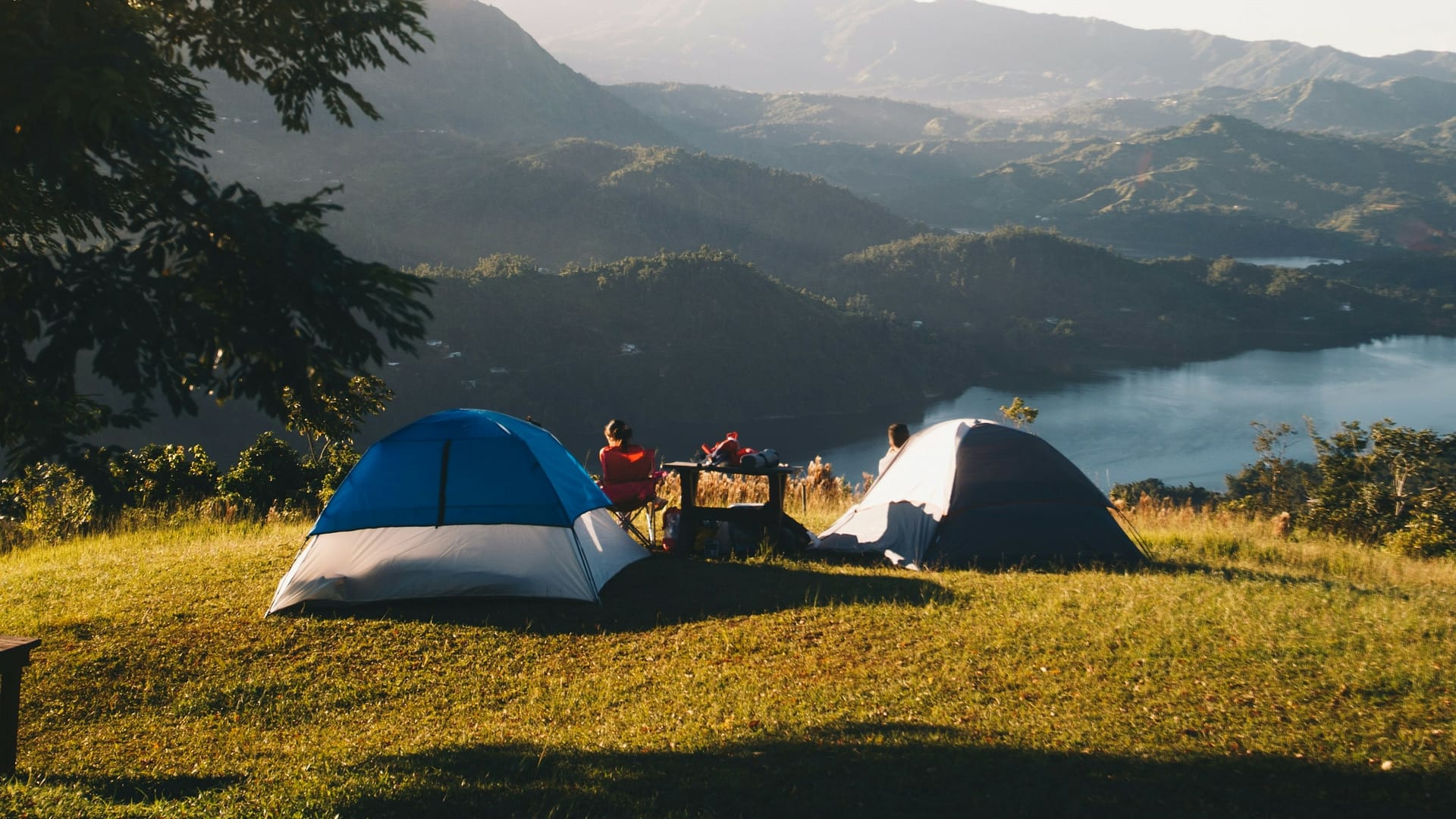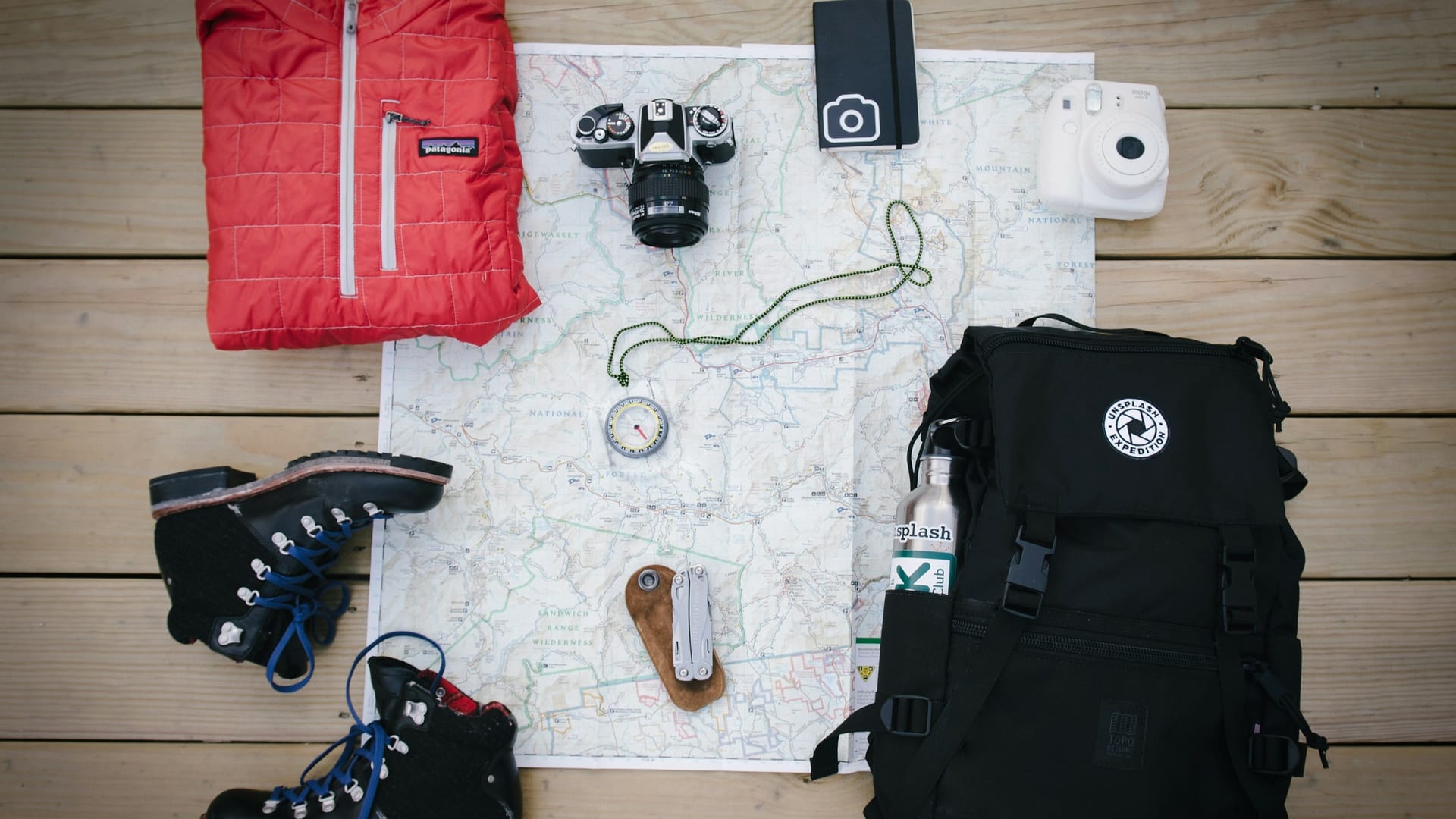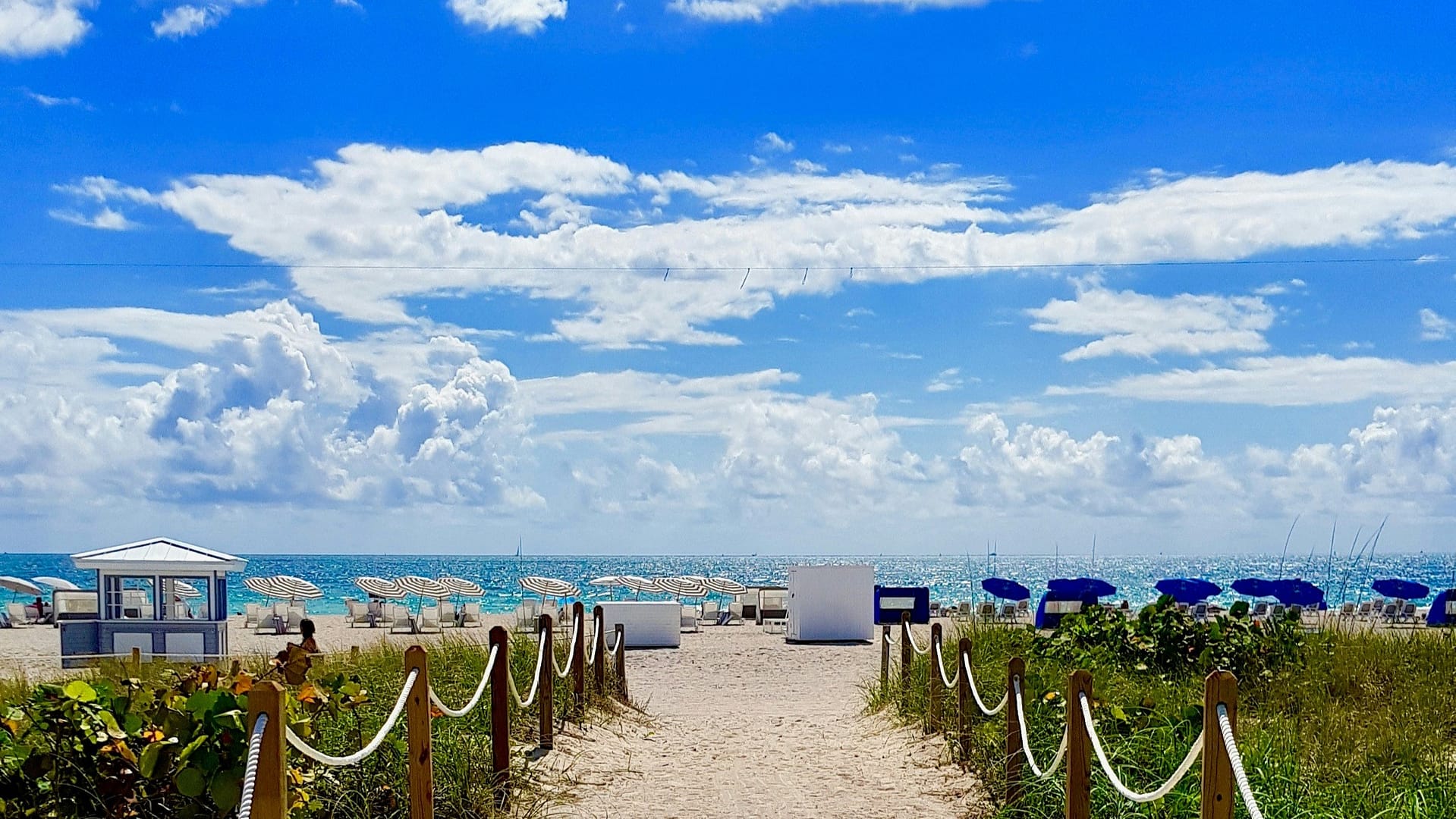Embarking on a journey with an RV can be an exciting and liberating experience. However, for those new to the world of recreational vehicles, understanding RV hookups is essential to ensure a comfortable and convenient adventure. RV hookups provide access to essential amenities like water, electricity, and sewer connections, enabling a more enjoyable and self-sustaining camping experience. In this beginner’s guide to RV hookups, we will explore the different types of hookups available, delve into the specifics of water, electrical, and sewer connections, discuss safety considerations, and troubleshoot common issues. By the end of this guide, you will be equipped with the knowledge to confidently navigate and utilize RV hookups during your travels.
In this article:
ToggleTypes of RV Hookups
● Water Hookups
● Electrical Hookups
● Sewer Hookups
Water Hookups: Understanding Freshwater, Graywater, and Blackwater
● Freshwater Hookups
Freshwater hookups supply your RV with clean water for cooking, cleaning, and flushing. Just attach your hose to the hookup, turn on the tap, and enjoy the luxury of endless fresh water without worrying about tank levels.
● Graywater Hookups
Graywater hookups handle the wastewater from your sinks, showers, and appliances, excluding the toilet. By connecting your graywater hose to the hookup, you can bid farewell to lugging around buckets of graywater like a true RV pro.
● Blackwater Hookups
Connect your Blackwater hookups for your RV’s most intimate secret – the toilet waste. By connecting your blackwater hose to the sewer hookup, you can flush away your worries without any mess or fuss.
Check out this great video from RVShare providing the basics on RV Hookups.
Electrical Hookups: Amps, Volts, and Shore Power
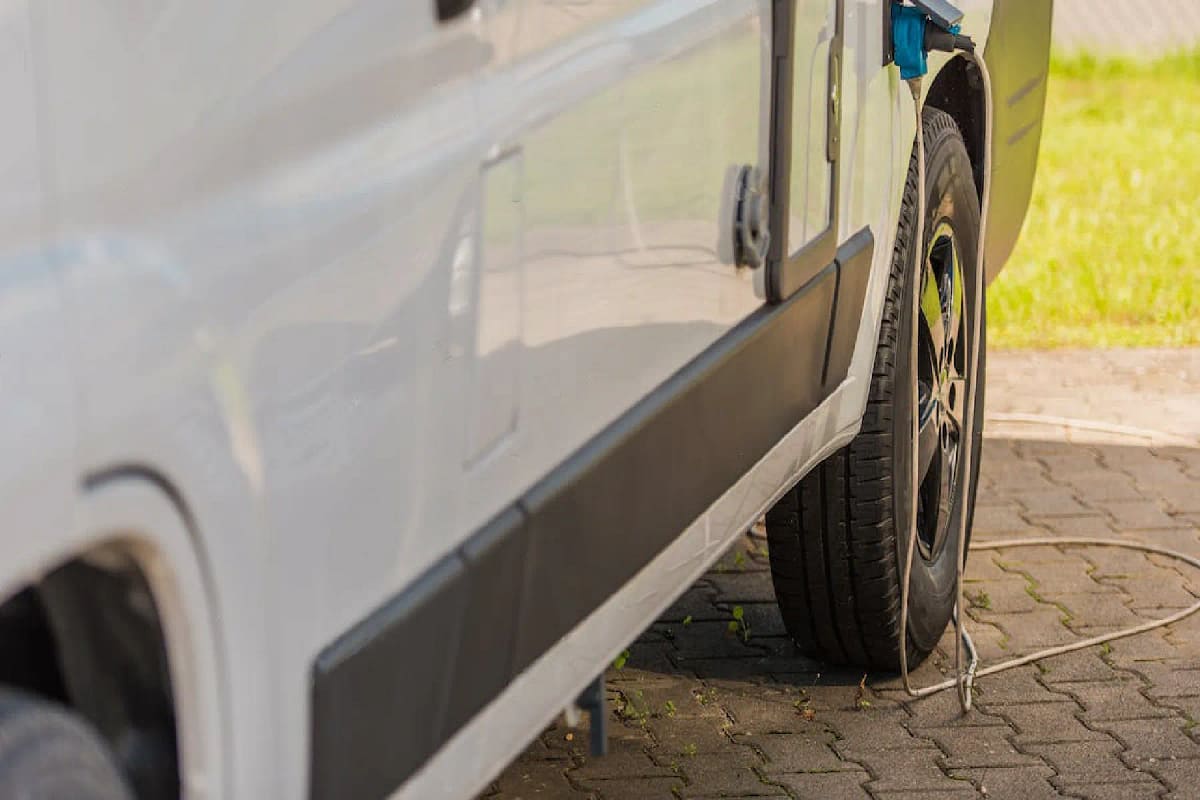
Understanding Amps and Volts
Amps and volts might sound like a high-voltage rock band, but they’re actually important measurements when it comes to electrical hookups. Amps (amperes) refer to the amount of electrical current available, while volts represent the pressure or force behind that current. Understanding these two units will help you select the right hookup for your power needs and avoid any shocking experiences – pun intended.
Shore Power and its Importance
Shore power is the magical connection that brings electricity from the campground’s power supply straight into your RV. It allows you to enjoy all the comforts of home, from running your air conditioner to charging your devices. So, make sure you’ve got a reliable shore power hookup to keep your RV juiced up and ready to roll.
Now that you have a better understanding of the different types of RV hookups, you can hit the road with confidence. Remember, embracing the quirks of RV life and mastering the art of hooking up is all part of the adventure!
Sewer Hookups: Dumping and Sanitation Tips
Sanitation Tips for Maintaining a Clean System
To maintain a clean system, it’s a good idea to use RV-friendly toilet paper that easily dissolves in water. Oh, and never, ever flush anything down the toilet besides toilet paper and human waste. I repeat, no wipes, feminine products, or your cousin’s missing socks. Remember, the sewer system is not a magical black hole!
When it comes to RV dumping and sanitation, it’s crucial to utilize designated dump stations for waste disposal, typically found in campgrounds, RV parks, and rest areas. Prioritize personal safety by wearing gloves when handling RV sanitation hoses and connections to minimize exposure to contaminants.
In the dumping process, start by emptying the black water tank, which contains toilet waste, before tackling the gray water tank. This sequential approach aids in achieving a cleaner flush of the sewer hose.
Before hitting the road, check tank levels, aiming to dump when they are at least two-thirds full for more effective flushing. Use RV-specific toilet paper designed to break down easily, reducing the risk of clogs in the system. After dumping the black tank, ensure a thorough rinse—some RVs have built-in tank flush systems, while others may require a separate hose for this task.
Keep both the black and gray tank valves closed until necessary to allow sufficient liquid buildup for effective flushing. Dispose of solid waste items, such as baby wipes, in a trash bin rather than flushing them down the toilet to prevent potential clogs.
Lastly, respect and adhere to any posted rules at the dump station, including guidelines on the use of the freshwater hose for specific tasks. Following these tips ensures a smoother and more hygienic RV dumping experience. At BookOutdoors you can search by and filter sites by amenities like dump stations.
Choosing the Right RV Hookup Site
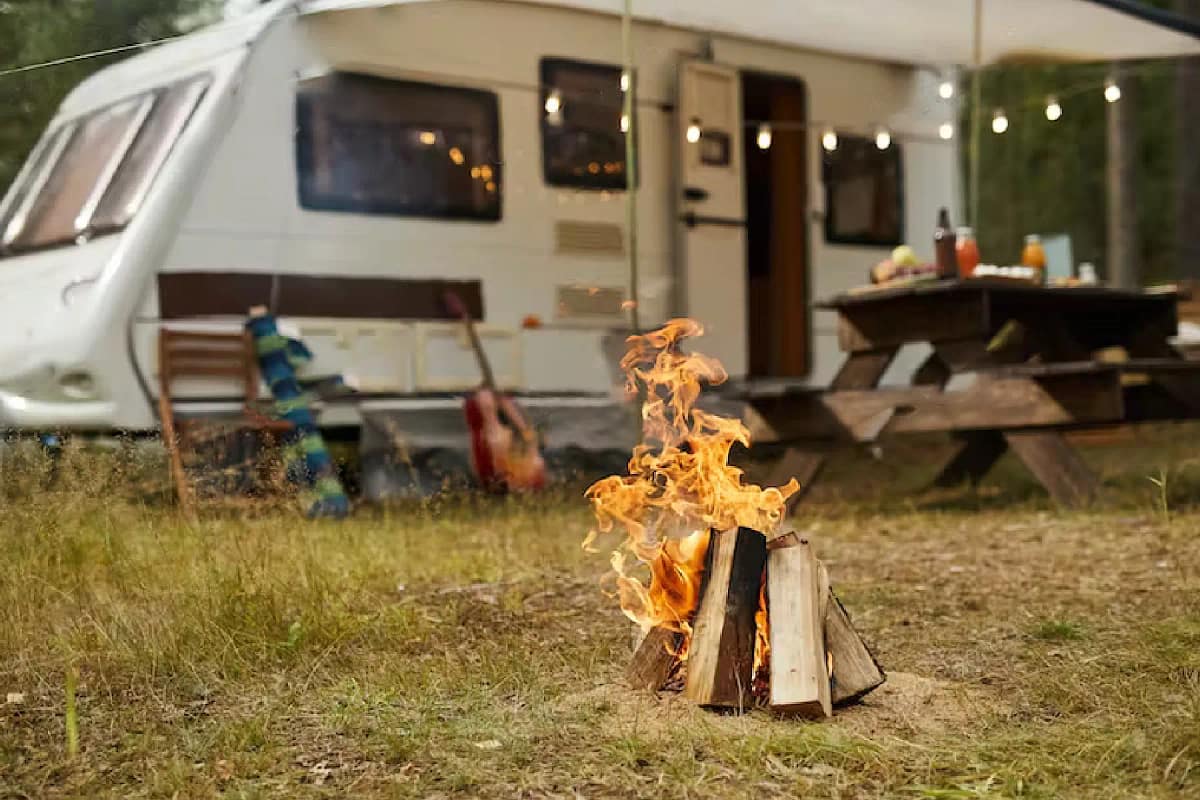
Evaluating Hookup Amenities
Not all RV hookup sites are created equal. Some offer just the basics, while others provide a luxurious camping experience fit for royalty (or at least, glamping enthusiasts).
Consider what amenities are essential to your comfort and enjoyment. Are you someone who needs a full hookup site with electricity, water, and sewer? Or can you get by with just electricity and water? Understanding your needs will help you choose the right campground or RV park for your stay.
Remember, not every hookup site will have the same amenities, so don’t be afraid to reach out to the campground directly if you have any questions. Getting stuck with incompatible hookups can turn a dream camping trip into a nightmare faster than you can say “Where’s the nearest dump station?”
Safety Considerations for RV Hookups
Understanding Safety Codes and Regulations
Safety first, my fellow RV enthusiasts! When it comes to hooking up your RV, it’s important to understand the safety codes and regulations that govern your campground or RV park.
Different areas might have specific requirements for electrical systems, propane usage, and even fire prevention measures. So, before you start plugging in and firing up your BBQ grill, take a moment to familiarize yourself with the rules. Trust me, you don’t want to be that person who causes a campground-wide blackout or sets off the sprinkler system.
Checking and Maintaining Hookup Equipment
Just like a prima donna with specific demands, your RV hookup equipment needs some TLC too. Regularly inspecting and maintaining your hookup equipment is crucial for your safety and the longevity of your RV.
Before you connect to any hookups, give everything a visual inspection. Look for any signs of wear, damage, or loose connections. Nobody wants to be surprised by an electrical shock or a sudden fountain of water in the middle of their camping trip.
Also, don’t forget to use surge protectors and water pressure regulators to protect your RV’s delicate systems. They’re like the superheroes of the RV world, silently safeguarding your home-on-wheels from unexpected dangers.
Troubleshooting Common Issues with RV Hookups
Dealing with Power Outages
Ah, the excitement of camping in the great outdoors, with the birds chirping, the sun shining… and suddenly, the power goes out. Talk about a buzzkill!
Power outages can happen, but don’t panic! Start by checking if it’s just your RV affected or if the entire campground is in the dark. If it’s just your rig, inspect your breakers and fuses to see if any have tripped or blown. And hey, let’s not forget the possibility of a simple user error – make sure your master switch is in the “on” position!
If the whole campground is experiencing a power outage, it’s time to kick back, relax, and embrace the unexpected adventure. After all, what’s camping without a little unplugged time?
Handling Water Pressure Problems
Water pressure can make or break your RV experience. Nobody wants a weak trickle of water when they’re trying to take a refreshing shower or wash their mountain of dirty dishes.
If you’re experiencing low water pressure, start by checking the campground’s water supply. It could be a temporary issue that campground management needs to address. If the problem persists, inspect your RV’s water filter and faucets for any clogs or build-up.
And remember, it’s not a water pressure contest – you don’t want to be the neighbor who blasts their RV’s water hose like a firefighter on a mission. Be mindful of conserving water and considerate of your fellow campers who might also be battling with water pressure issues.
Fixing Clogs and Blockages in the Sewer System
Ah, the joys of sewer system clogs and blockages. Not exactly a topic for polite dinner conversation, but an unfortunate reality of RV life.
If you find yourself facing a stubborn clog in your sewer system, take a deep breath and don’t panic. Start by using a sewer hose with a clear elbow attachment to see if you can detect the location of the blockage. If it’s within reach, a little bit of gentle persuasion with a sewer snake might do the trick.
Many RV parks have maintenance crews who can lend a hand and save you from a sewage disaster.
Search and book your next RV adventure directly at www.bookoutdoors.com.

